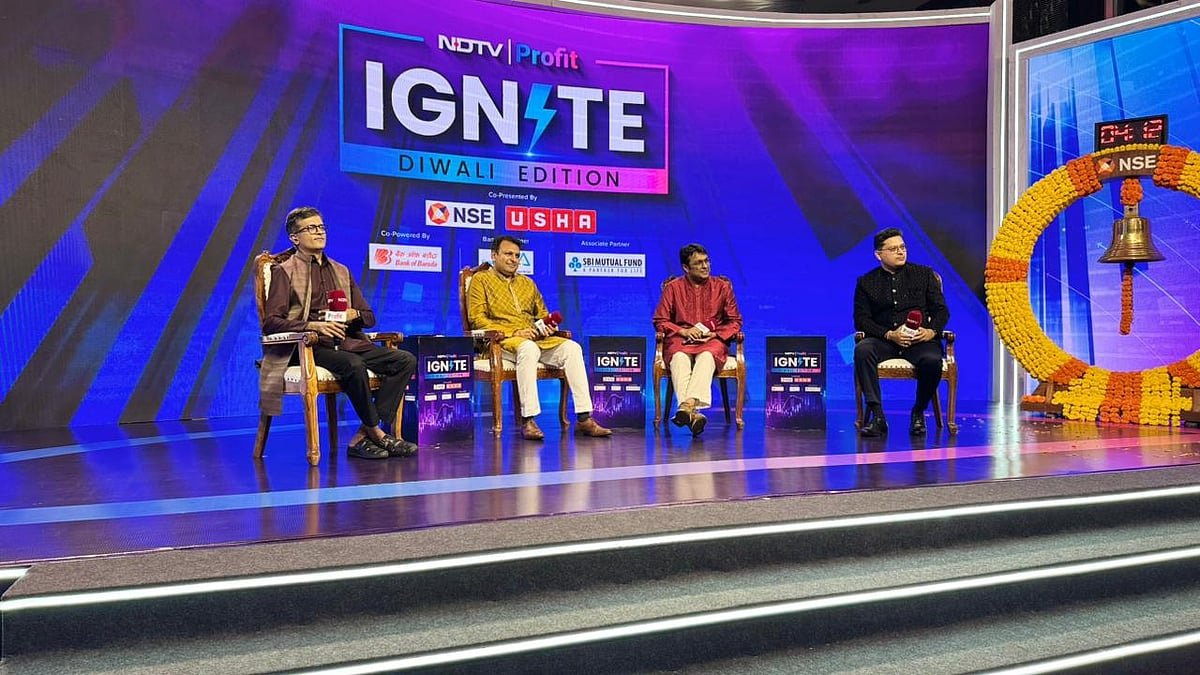NEW DELHI: A staggered pan-India special intensive revision (SIR) of electoral rolls will get underway within four-five days, with each phase likely to be spread over three months, on the lines of the one completed in Bihar. The last intensive revision of the roll was undertaken over two decades ago.Sources indicated that the nationwide SIR may be held in phases, with certain states/UTs such as J&K and Ladakh, which will soon be snow-bound, and ones where nearly 75%-80% of the electorate has been mapped by matching current electors with entries in the 2003/2004 rolls published after the last intensive revision, being left out of the initial phase.“They can be taken up later as barely 20%-25% of electors in these states will need to submit documents to prove their eligibility as per Article 326 of the Constitution. The immediate priority will be the five states due for assembly polls next year,” said an EC official.Going by the three-month SIR schedule followed in Bihar, the final roll — to be published after claims and objections to the draft roll are settled — for states/UTs likely to be covered in the initial phase may be out by Jan-end or beginning of Feb.

The preparation for the upcoming countrywide SIR — the intent for which was announced by EC in its June 24 notification for the SIR in Bihar — was the key topic of discussion at the two-day conference of chief electoral officers being held by EC on Wednesday and Thursday.The conference’s opening day, presided over by chief election commissioner Gyanesh Kumar, saw EC assess the preparedness of all state/UT CEO offices for the nationwide SIR. The meeting is a follow-up of the Sept 10 CEO’s conference, when all CEOs had briefed EC on the last SIR undertaken and the roll published thereafter.Sources said CEOs are upbeat about the upcoming nationwide SIR, with some states already having mapped up to 75% of their electorate based on the roll from the last intensive revision.
Timeline for pan-India SIR to be finalised in 2-3 days, say EC sources
In Bihar, nearly 80% of the electorate had matched with the 2003 roll. Three months, thus, were more than enough for the exercise, where only the remaining 20% — possibly comprising parents who never cared to enrol as electors or non-citizens — were required to submit documents.The fact that limited claims and objections were made despite a 30-day window and no appeals were filed with district magistrate (the sole appeal made was found incorrect) in the 15-day timeframe after publication of the final roll, stands testimony to the precision with which SIR was carried out,” said an EC official.EC sources, who indicated that the pan-India SIR timeline will be finalised in a day or two followed by its announcement in four to five days, said the list of documents to be accepted as proof of identity, age and citizenship would more or less remain the same as Bihar, though documents unique to a given state/UT may be considered.“In any case, the list of 11 documents is not exhaustive but only indicative,” said an official.Aadhaar card will only be accepted as a proof of identity. An alternative document, as per the list specified by the poll panel, will be needed to prove one’s citizenship and residence, the official added.




